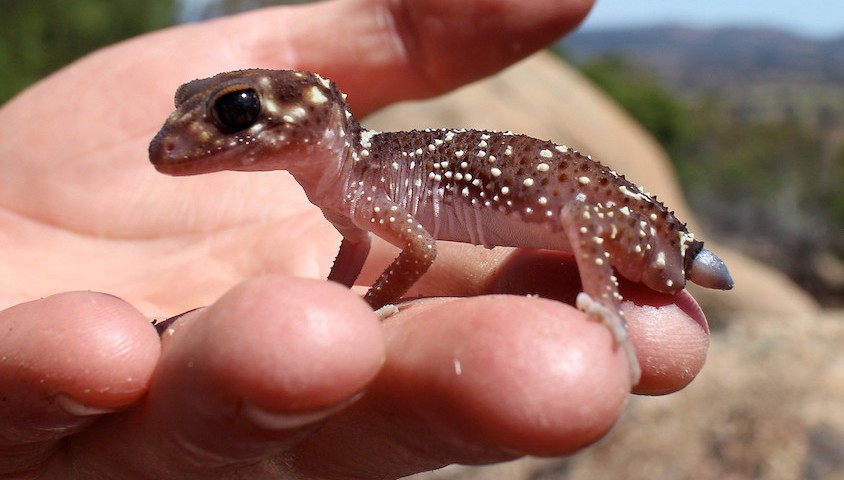This weekend is often treated as an extra-long weekend by Victorians. With a public holiday on Tuesday for the Melbourne Cup, many people will be heading to popular camping and holiday destinations around the state.
To coincide with this mass exodus away from population centres, the Department of Environment, Land, Water and Planning (DELWP) are asking people to keep an eye out for suspicious activities involving the illegal capture of wildlife – particularly reptiles.
The initiative is part of a state-wide response to an uptick in reptiles being taken from the wild and the damage that is often caused to their habitats as a result.
DELWP wildlife officers has dubbed their response to this illegal activity, ‘Operation Granite’, with the intention of targeting several key areas in a bid to catch miscreants in the act.
“We are working with our partner agencies, such as Parks Victoria and local community groups to assist us with gathering information on this type of activity and investigate alleged breaches of the Wildlife Act 1975,” said DELWP regulation and compliance unit manager, Glenn Sharp.
“We want to remind the community that it is illegal to remove reptiles from any public land and ensure their habitat is not interfered with or damaged.”
Not only is the removal of wildlife illegal, it also has wider impacts as people inadvertently damage sensitive habitat in the process. As a result, heavy penalties for taking or being caught in possession of protected wildlife rage from $7,750-$37,00 in fines and up to 24 months imprisonment.
The timing of the operation and associated illegal activities coincides with seasonal changes in reptile behaviour, Sharp explained.
“Spring is the time that reptiles become more active after their winter hibernation, which results in the increase of this type of illegal activity,” he said.
The DELWP requests people call Crime Stoppers on 1800 333 000, or its own wildlife officers on 136 186, should they suspect any illegal wildlife capture or trafficking.




